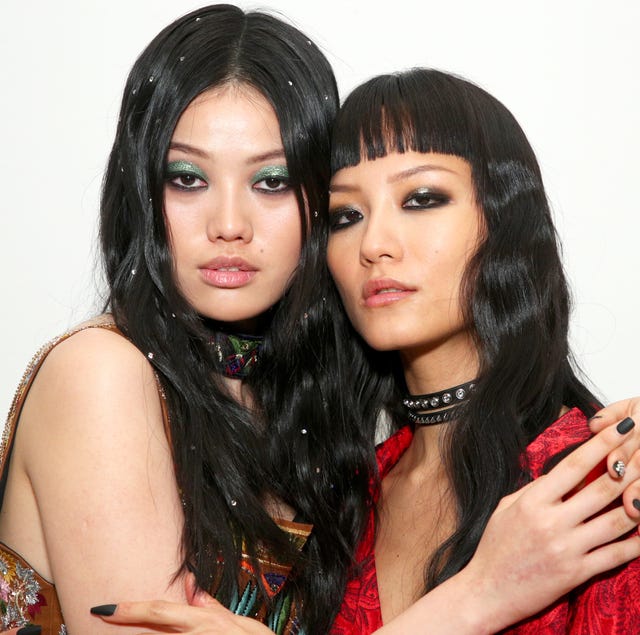The 15 Best Hair Masks for Damaged Hair in 2022

Astrid Stawiarz
Whether you’re a spokesperson for damaged hair (it’s bleached, it’s curly, it spends too much time around flat irons) or you do everything right, somehow, frizz, flyaways, limp curls, and breakage seem to come out of nowhere. You can wash your hair with hydrating shampoos, smooth on hair oils, and use heat protectant sprays religiously, and yet, a split end will still appear. Damage of some kind is inevitable, but luckily, hair masks are here to save the day.
“Hair masks are more intensive than an everyday conditioner in terms of treating dryness and damage, whether it be from color or chemical treatments, heat styling tools, the environment and climate or water type, or the hair’s natural texture,” explains Howard McLaren, co-founder and creative director of R+Co.
While hair masks are not miracle workers capable of returning your hair to the state it was in before you started manhandling it, these treatments can really do a lot for every hair type. Similar to how a great protein treatment can help strengthen your locks, masks can do everything from reversing some damage to re-hydrating and toning locks. “A good hair mask should provide nourishing nutrients and prolonged protection against environmental factors, and contain at least one oil rich in proteins, such as coconut and green tea oil, to keep your hair completely hydrated and healthy,” adds Aaron Grenia, co-founder of IGK Hair Care.
The hunt to find the perfect formula can feel overwhelming at times—but these hair masks come pretty damn close. Meet the 15 best intensive, hydrating, and transformative hair masks your money can buy.
Advertisement – Continue Reading Below
Advertisement – Continue Reading Below


